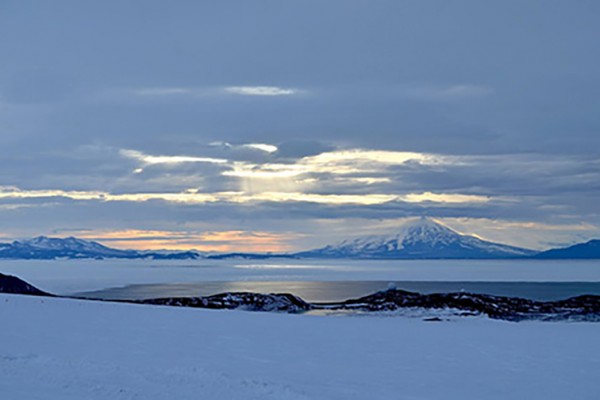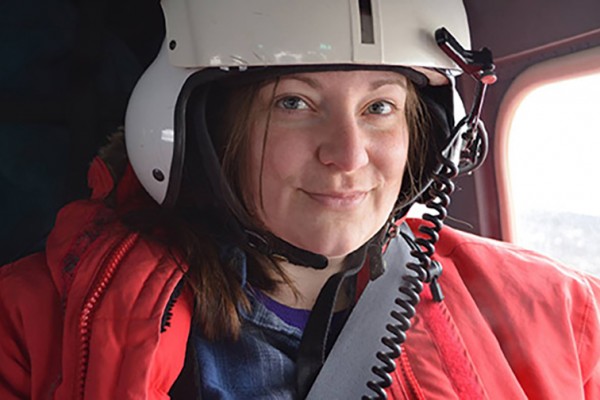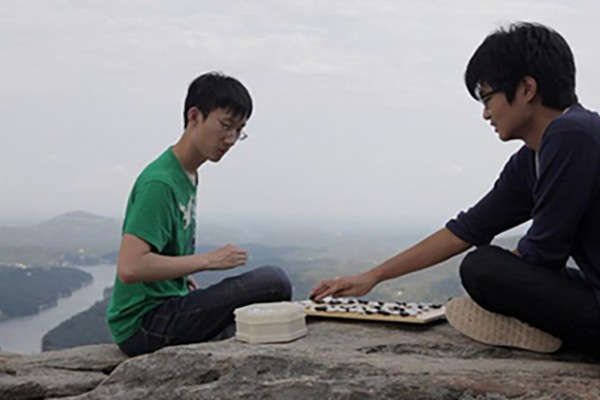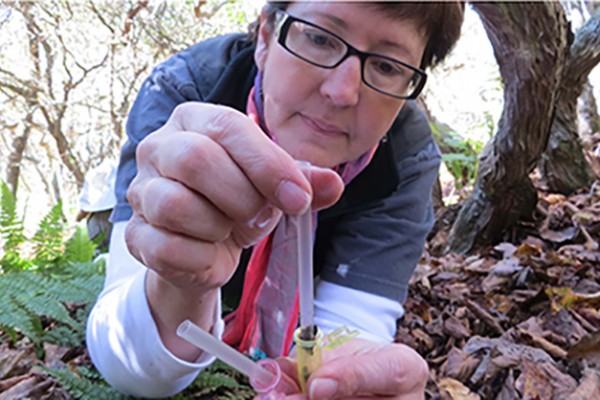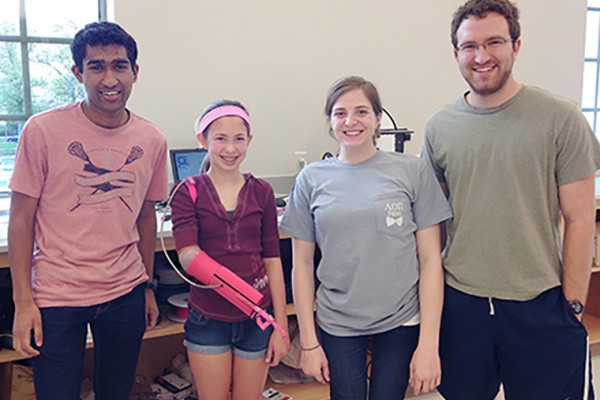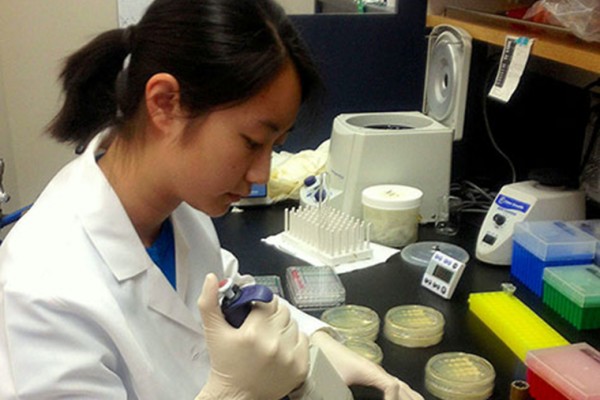Aubreya Adams’ photo album – Part 3
1 | 2 | 3 Feb. 4, 2014: Each year during the summer, the ice near the bases melts away, but how quickly this happens varies from year to year. Scott Base, which it lies just seaward of the boundary between the transient ice shelf and the permanent ice, claims to be 98 percent iced-in. […]
As the heat of summer settles on St. Louis, here’s a gust of cold air from Antarctica
Washington University in St. Louis postdoctoral research associate Aubreya Adams went to Antarctica in January and February 2014 to help with routine maintenance of seismic stations on the West Antarctic ice shelf. But nothing in the southern continent is ever routine. In her short stay, she experienced extreme weather, saw a rare mirage, visited bizarre ice vents on the volcanic Mount Erebes and saw first hand the effects of the warming that recently made front page news in The New York Times.
Grad student co-directs film about the game of Go
“The Surrounding Game” is a documentary film about the game of Go co-directed by WUSTL graduate student Cole Pruitt. It follows two of America’s top young players as they compete to obtain professional rank in this subtle and elegant game. Implicit in the story is a larger question: Can a game this subtle and difficult, which has been pursued as a fine art in Asia for millennia, be transplanted to America,
which does not have the culture or the training system to support it?
Two teams share $25,000 Discovery Competition top prize
A project to provide low-cost eyeglasses for people in the developing world and one to develop a cell-death detector will share $25,000 to further develop their projects as winners of the 2014 Discovery Competition. Washington University in St. Louis’ School of Engineering & Applied Science created the competition in 2012.
Eight of 20 Arch Grants winners are affiliated with the university
That the WUSTL-connected contingent comprises 40 percent of this year’s Arch Grant winners is no surprise to H. Holden Thorp, PhD, provost and executive vice chancellor for academic affairs.
Up close with the WUSTL-affiliated Arch Grants winners
Get an up close look at the eight WUSTL-affiliated 2014 Arch Grant winners.
Winners of Bear Cub grants announced
Washington University’s Bear Cub program is funding four innovative projects that have commercial potential. Pictured is William G. Hawkins, MD, who is developing a new treatment for pancreatic cancer.
WUSTL to race wild strain of amoeba in World Dicty Race 2014
Biology researchers at Washington University in St. Louis are placing their bets on the wild side as they prepare a pack of social amoeba for competition Friday, May 16, in the first-ever Dicty World Race, an international science competition that carries a $5,000 prize for the single-celled organism deemed to be the “smartest and fastest” in negotiating a microscopic maze.
WUSTL students ‘print’ pink prosthetic arm for teen girl
Three biomedical engineering seniors at WUSTL are gaining national attention for the robotic prosthetic arm they developed for a 13-year-old St. Louis girl. Built on a 3-D printer, the arm is cheap, functional — and pink.
Huang wins this year’s Spector Prize
The Spector Prize, first awarded in 1974, recognizes academic excellence and outstanding undergraduate achievement in research. Students are nominated by their research mentors for outstanding research that has made substantial contributions to a field. This year, the prize has been awarded to Deborah Huang, who plans to
graduate this month with a major in biochemistry and molecular biology
and a minor in public health.
Older Stories
